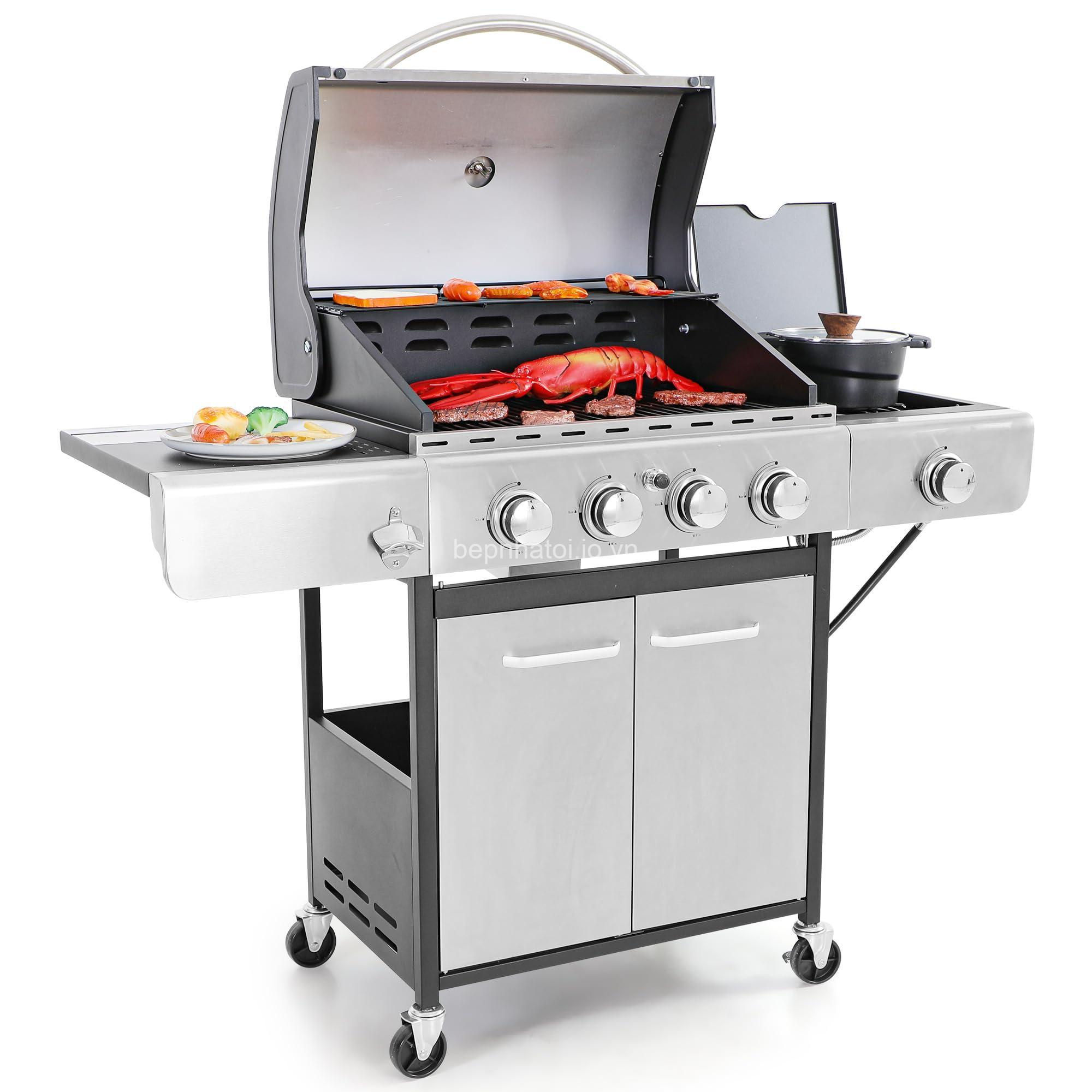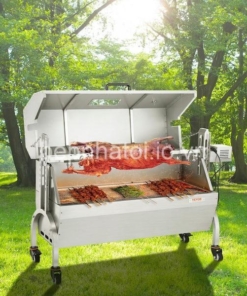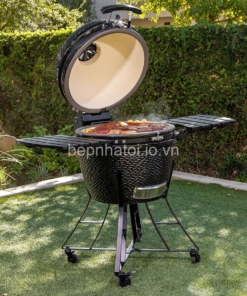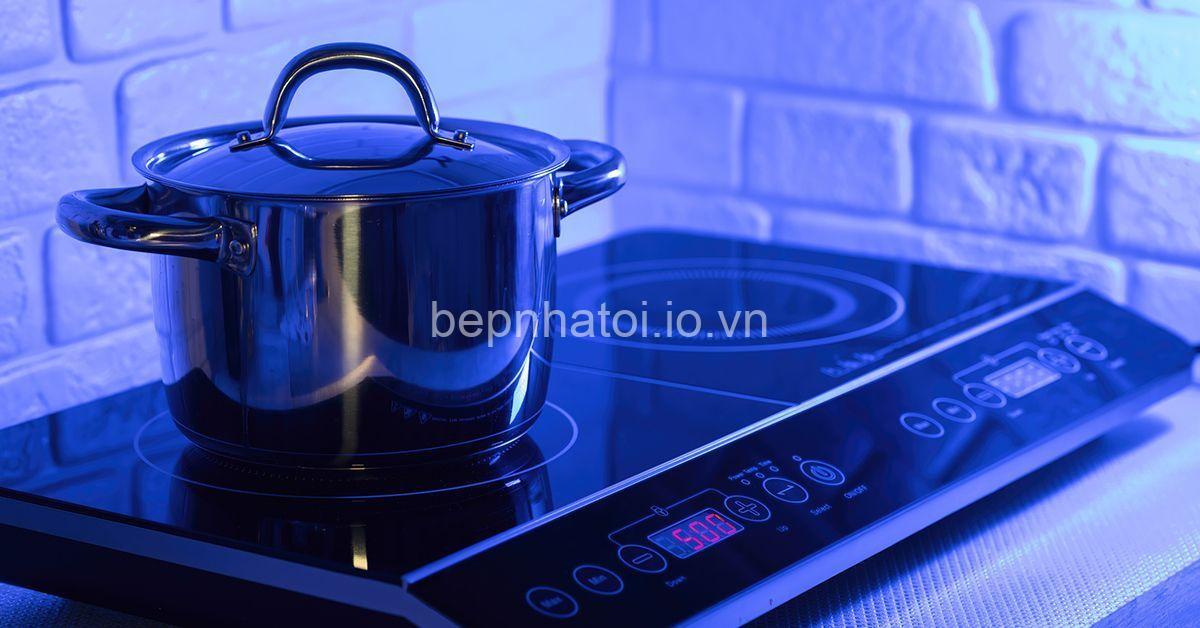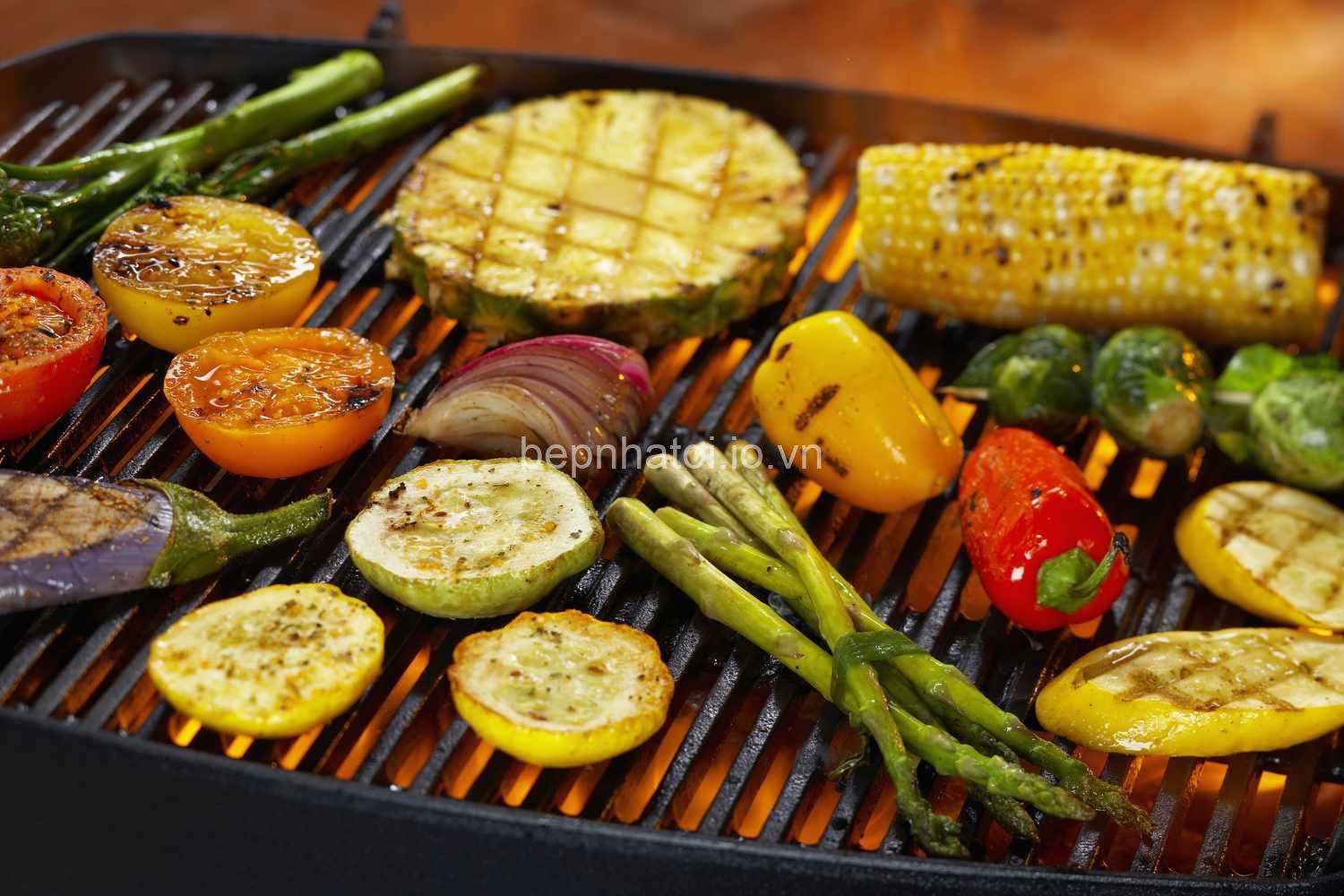Description
How to Choose the Right Gas Grill for Your Needs
Deciding on the perfect gas grill can feel overwhelming, but it doesn’t have to be. Let’s break down the essential elements to guide you through the process.
Determining Your Grill Size:
First and foremost, you need to consider the grill’s size. Think about the number of people you’ll typically be grilling for. If you often host large gatherings, a larger grill with ample cooking space is essential. On the other hand, a smaller grill might be a better fit if you typically grill for just a few people. You should also consider the frequency of your grilling sessions. If you grill often, you may want a larger grill, but if you grill less frequently, a smaller grill might be sufficient. And don’t forget about available space in your outdoor area. Make sure you have enough room to comfortably use and store your grill.
Understanding Burner Configuration:
Next, let’s dive into burner configuration. The number of burners directly affects cooking flexibility. Single burner grills are simple and economical, but offer limited cooking zones. Dual burner grills provide more versatility, allowing you to cook different food items at different temperatures. Multiple burner grills offer the most flexibility with dedicated zones for grilling, searing, or keeping food warm. You’ll also want to think about side burners. These additional burners offer extra cooking space for sauces, side dishes, or even simmering dishes while grilling.
Exploring Important Features:
Gas grills come equipped with a variety of features that can enhance your grilling experience. A rotisserie is a great addition if you love perfectly roasted meats. It ensures even cooking and a delicious crispy exterior. A warming rack is also handy for keeping food warm once it’s cooked. And don’t forget about the importance of a temperature gauge. This allows you to monitor and adjust the heat for precise control over your cooking.
Setting a Realistic Budget:
Of course, budget is an important factor when choosing any appliance, and gas grills are no exception. Gas grills come in a wide range of prices depending on the brand, size, and features. You can find basic gas grills for a few hundred dollars, while high-end models can easily exceed $1,000. It’s important to set a realistic budget before starting your search. Think about the features you need and the quality you’re looking for to make an informed decision within your price range.
Researching Reputable Brands:
With so many gas grill brands on the market, it’s essential to do your research and choose a reputable brand known for quality and reliability. Some popular brands include Weber, Traeger, Napoleon, Broil King, Lynx, and Kalamazoo. Each brand has its own strengths, so take the time to read reviews, compare features, and consider your own preferences.
The Advantages of Gas Grilling
Beyond choosing the right grill, it’s important to understand the advantages of gas grilling. Let’s explore the benefits of cooking with a gas grill.
Convenience and Ease of Use:
Gas grills offer unmatched convenience compared to charcoal grills. They heat up quickly, allowing you to start grilling right away. Gas grills also provide precise temperature control, making it easier to achieve perfect results. Electronic ignition systems make lighting the grill a breeze, eliminating the need for lighter fluid or matches.
Versatility in Cooking Styles:
One of the major advantages of gas grilling is versatility. You can cook both directly and indirectly over the heat source. Direct grilling is perfect for searing steaks or grilling vegetables. Indirect grilling is ideal for cooking larger cuts of meat or slow-roasting dishes. Gas grills also allow you to cook a wide range of foods, from juicy burgers to delicate seafood to roasted vegetables.
Delicious Flavor Profiles:
Gas grills can impart unique flavors to your dishes. The different burner configurations and heat levels influence the final taste. You can achieve a smoky flavor by using gas grills that feature special flavorizer bars. And with precise temperature control, you can cook food at the ideal temperature to enhance its natural flavor.
Safety Features for Peace of Mind:
Safety is paramount, and gas grills are equipped with features that ensure peace of mind. Automatic ignition systems eliminate the need for manual lighting, reducing the risk of accidents. Safety valves prevent gas leaks, ensuring a secure grilling experience. Many gas grills are also constructed with flame-resistant materials, further enhancing safety.
Simplified Cleaning and Maintenance:
Another benefit of gas grills is the ease of cleaning. Compared to charcoal grills, gas grills require less effort for cleaning. The grates can typically be easily removed and scrubbed. Regular cleaning and maintenance, including inspecting and cleaning burner parts, are important for extending the life of your grill.
Types of Gas Grills to Consider
Gas grills are available in a variety of types, each with its own unique features and advantages. Let’s explore the different types of gas grills to help you make the best choice for your needs.
Standard Gas Grills:
Standard gas grills are the most common type of gas grill. They typically feature a rectangular cooking surface with a few burners. Standard grills come in various sizes, ranging from small portable grills to large models suitable for large gatherings. They are generally affordable and offer a good balance of features and functionality.
Infrared Gas Grills:
Infrared gas grills utilize infrared technology to distribute heat evenly across the cooking surface. This results in faster cooking times and more consistent results. Infrared grills can also achieve higher temperatures, perfect for searing steaks or creating crispy crusts.
Pellet Grills:
Pellet grills offer a unique combination of grilling and smoking capabilities. They use wood pellets to generate heat and impart a smoky flavor to food. Pellet grills often feature digital temperature control systems for precise cooking. They are a great option for those who enjoy both grilling and smoking.
Built-in Gas Grills:
For those who want a truly luxurious grilling experience, built-in gas grills are a great option. These grills are integrated into your outdoor kitchen, providing a seamless and stylish look. Built-in grills typically offer more features and a wider cooking area compared to standalone grills. However, they require professional installation and can be a significant investment.
Essential Gas Grill Accessories
Just like any other kitchen appliance, gas grills can benefit from a variety of accessories to enhance their functionality and usability. Let’s explore some essential gas grill accessories to consider.
Grill Covers:
Protecting your grill from the elements is crucial to extend its lifespan. A grill cover provides a barrier against rain, snow, sun, and dust. It also helps to prevent rust and corrosion, keeping your grill in pristine condition.
Grill Cleaning Tools:
Regular cleaning is essential for maintaining your grill’s performance and longevity. There are a variety of cleaning tools available, including grill brushes, scrapers, and cleaning solutions. Choose tools designed specifically for your type of grill grates and cleaning needs.
Grilling Utensils:
You’ll need the right utensils for different grilling methods and food types. Essential grilling utensils include tongs, spatulas, grill forks, basting brushes, and meat thermometers. Consider specialized tools like fish baskets, skewer sets, and grilling baskets for specific items.
Grilling Recipes and Resources:
With your new gas grill, you’ll want to try out a variety of recipes. There are countless grilling recipes available online and in cookbooks. Find resources that cater to your grill type and cooking preferences. Websites like bepnhatoi.io.vn offer a wealth of information and inspiration for grilling enthusiasts.
Gas BBQ Grill FAQs
What are the differences between propane and natural gas grills?
Propane grills use propane gas stored in a tank, offering portability. Natural gas grills require a gas line connection, providing continuous gas supply. Both options have their advantages and disadvantages, and the best choice depends on your specific needs and preferences.
What are the benefits of using a rotisserie on a gas grill?
A rotisserie rotates meat while it cooks, ensuring even heat distribution and a crispy exterior. It’s especially ideal for large cuts of meat like chicken, pork, or beef.
What are the best ways to clean a gas grill?
Regular cleaning is essential for maintaining optimal performance and preventing rust. After each use, remove the grates and clean them with a grill brush or scraper. You can also use a grill cleaning solution to remove stubborn food residue.
How do I determine the ideal grilling temperature for different types of food?
Different foods require different grilling temperatures for optimal results. Consult grilling charts or resources for specific recommendations based on food type and desired level of doneness.
What are some safety tips for using a gas grill?
Always ensure proper ventilation and never leave a gas grill unattended while in use. Use a grill brush with sturdy bristles to prevent particles from falling into the food. Keep a fire extinguisher handy in case of a grease fire.
Conclusion
Choosing the right gas grill can be a rewarding experience. By considering your needs, exploring different types and features, and researching reputable brands, you can find the perfect grill for your outdoor cooking adventures. As always, I encourage you to visit bepnhatoi.io.vn for more information and resources on gas grills and other electrical and plumbing products. Don’t hesitate to share your thoughts and experiences in the comments below!
